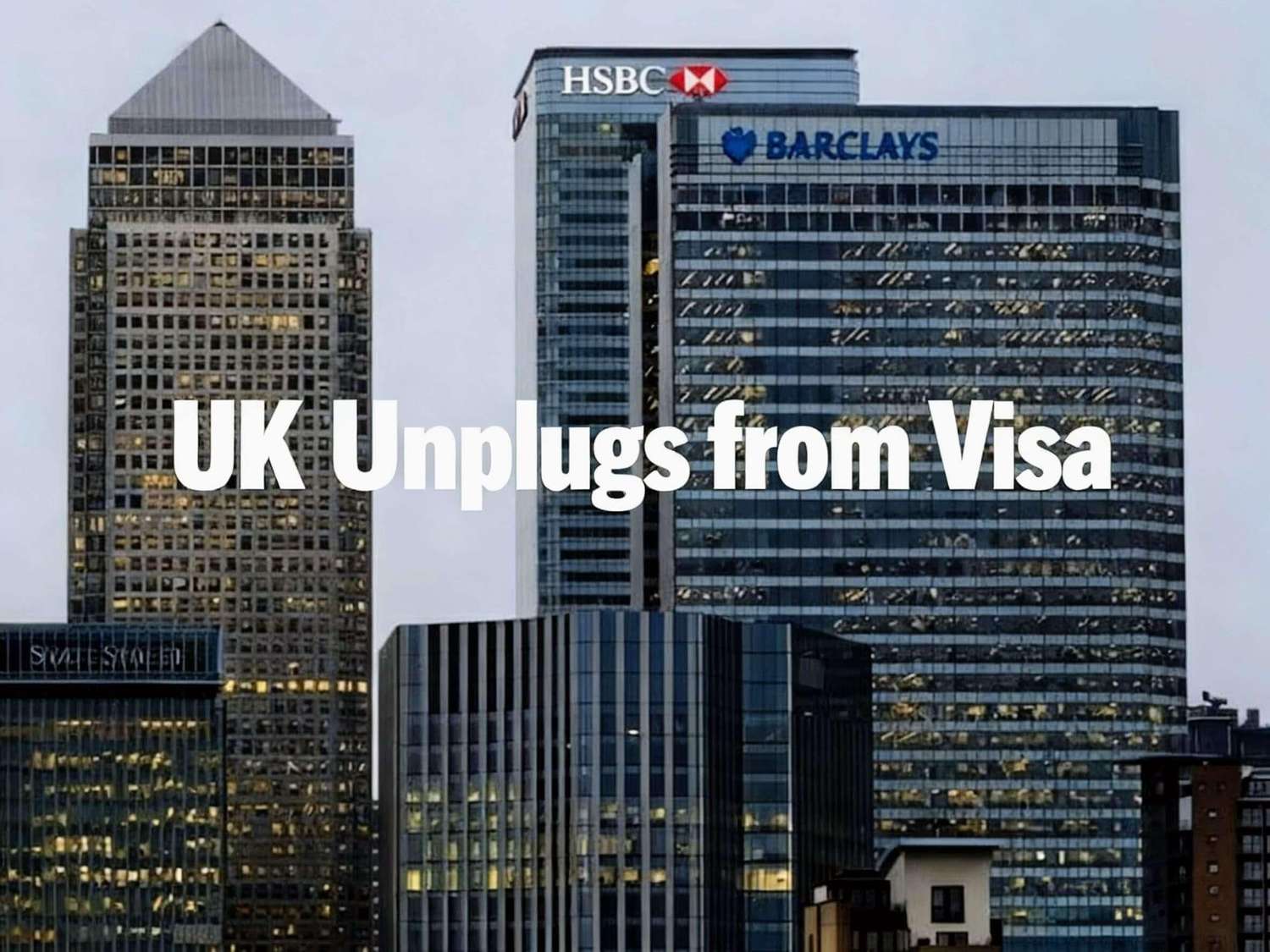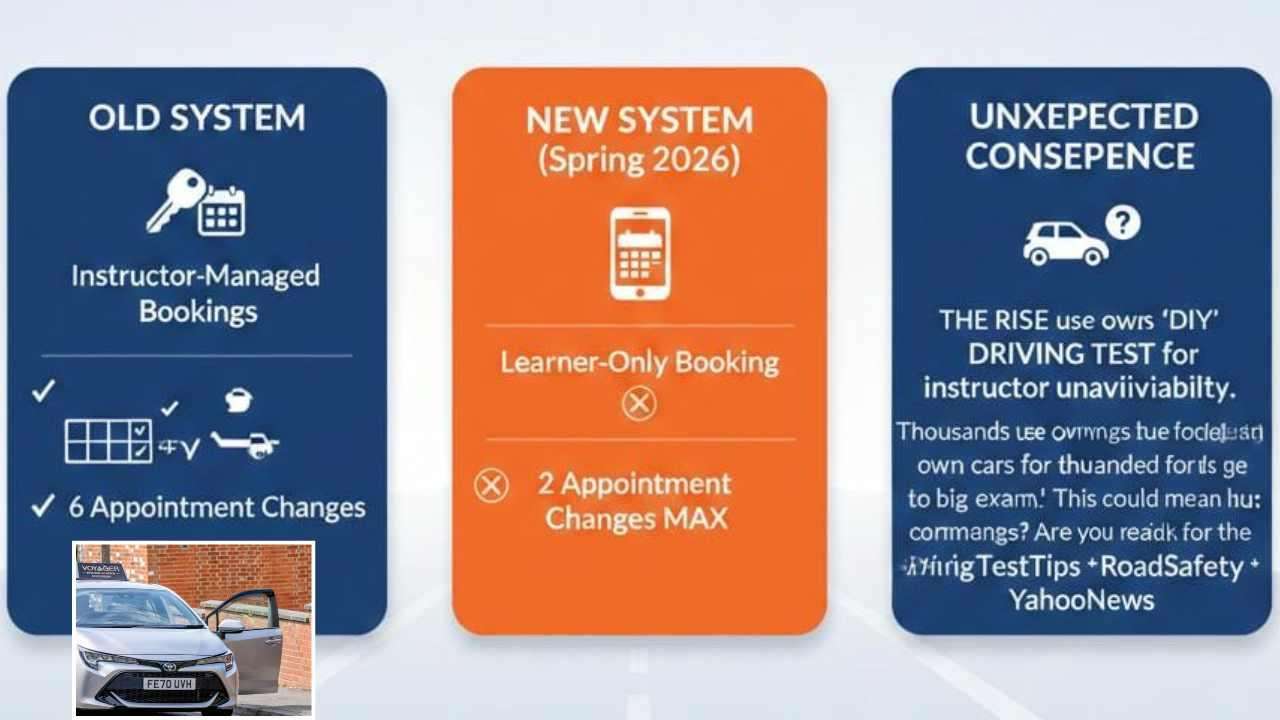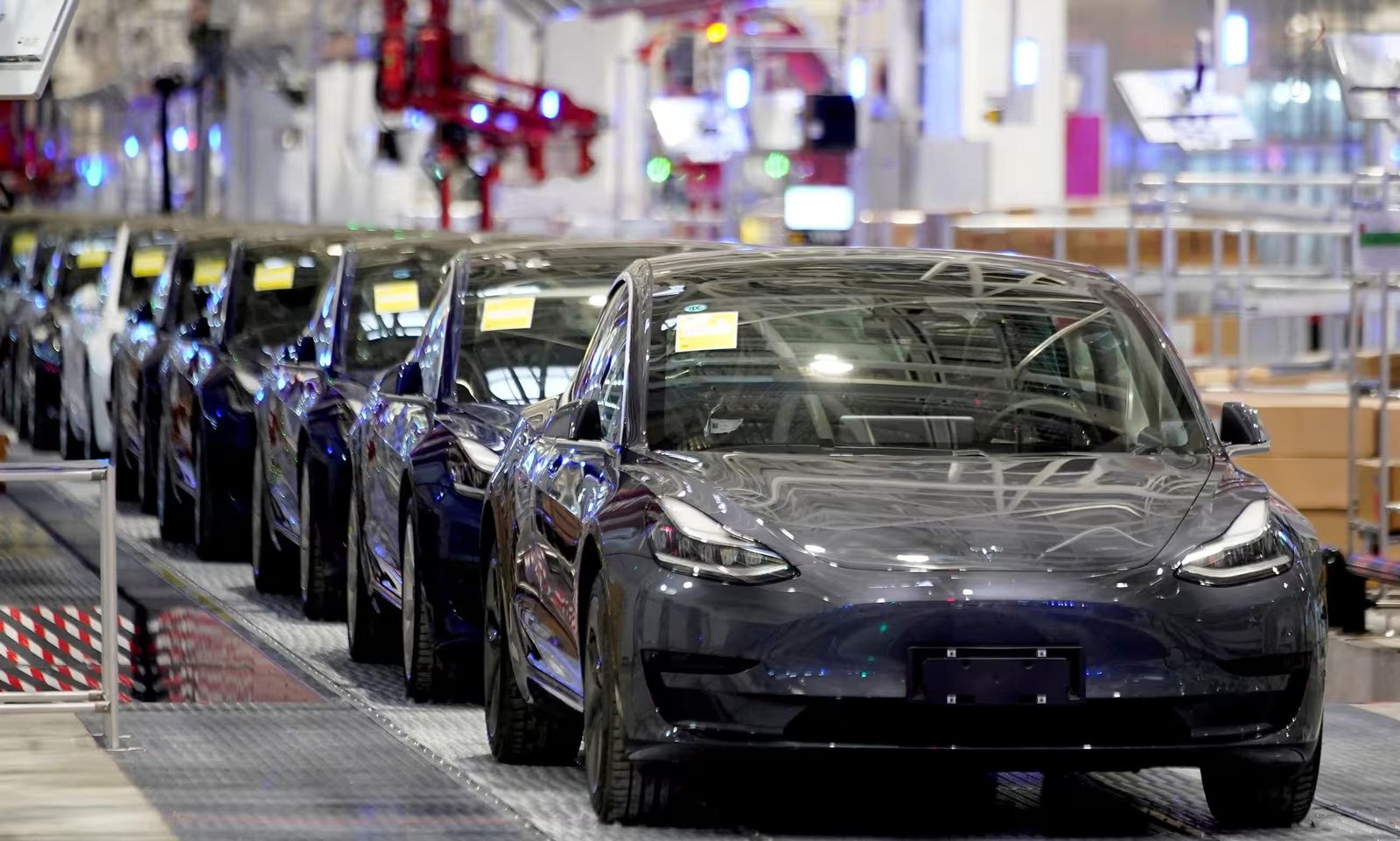The European Commission announced that Tesla will be subject to a 9% tax on its Chinese-made automobile exports to the EU in addition to providing an update on its extensive probe into Beijing's "unfair" electric vehicle subsidies.
The tax on Tesla was imposed after the California-based company asked for special treatment as part of the larger Brussels investigation. It was far less than the average of 21.3% on businesses that assisted with the EU investigation and 36.3% on those that did not.
Together with the 10% EU charge already in place on Chinese electric vehicles, the levies are significantly less than the 100% tariffs imposed by the US.
Following a June visit by EU inspectors to Tesla's Shanghai headquarters, the company stated on Tuesday that it has profited from cheap land and exporter subsidies in addition to lower-than-market batteries provided by the Chinese government.
If EU member states approve, the 9% tariff will take effect by October 31 at the latest.
Following technical discussions with the firms, the commission announced slight reductions in the tariff rates on electric vehicles (EVs) built in China, which included the Tesla decision.
China's BYD, which competes with Tesla to be the world's top manufacturer of electric vehicles, will pay a 17% tariff under the most recent recommendations; Geely will pay a 19.3% tariff, and SAIC will pay a 36.3% tariff. Since the publication of the provisional measures in June, the three rates have been lowered downward and are subject to revision.
EU officials also announced on Tuesday that no company would have to pay provisional tariffs before the likely entry into force by the end of October. Companies are being spared interim duties because EU officials have concluded that European carmakers face “the threat of injury” rather than actual harm, such as factory closures and job losses.
An EU official said if nothing was done, the growth of subsidy-powered Chinese EV exports would soon lead to “material injury” for EU producers, adding: “Our legislation allows us to act before people are fired and factories are shut down.”
The Kiel Institute for the World Economy thinktank estimated earlier this year that China’s aid to EVs amounted to about $5.6bn (€5.05bn, £4.3bn) in 2022 when direct payments to manufacturers were phased out.
By far the biggest beneficiary was BYD, which received $3.7bn. Although Tesla’s aid was dwarfed by its Chinese rival, it was the second biggest beneficiary, with about $426m in support for its Shanghai plant.
The China trade specialist website Soapbox released an analysis this week of figures from the European Commission’s data body Eurostat and Chinese customs authorities that found the EU accounted for 45% of the total value of EVs exported by Beijing between June 2020 and June 2024.
Customs data shows a spike in exports in April by China’s manufacturers ahead of anticipated tariffs, while at the same time registrations of imports of Chinese EVs increased between April and May, dipping thereafter.








.svg)
